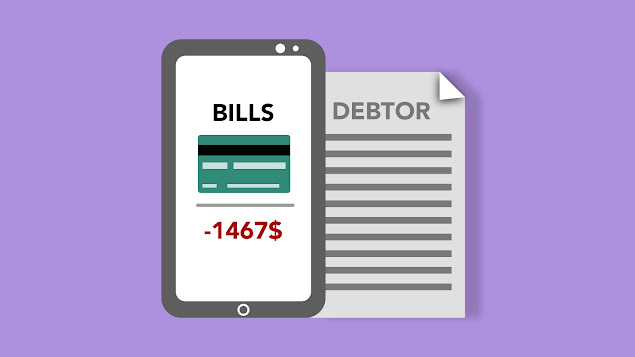Starting an online bookkeeping/accounting business involves several steps, from setting up your business to marketing your services. Here's a step-by-step guide to help you get started:
1. **Education and Certification**: Begin by obtaining the necessary education and certifications. This may include a degree in accounting or bookkeeping, and relevant certifications such as the Certified Bookkeeper (CB) or Certified Public Accountant (CPA). Online courses are available through institutions like the American Institute of Professional Bookkeepers (AIPB) or the National Association of the Self-Employed (NASE).
2. **Choose a Business Structure**: Decide on the legal structure for your business, such as a sole proprietorship, partnership, Limited Liability Company (LLC), or corporation. Each has its own advantages and disadvantages regarding taxes, personal liability, and management.
3. **Business Plan**: Create a comprehensive business plan that includes your mission statement, services offered, target market, pricing strategy, marketing approach, and financial projections. This will serve as a roadmap for your business and can help you secure funding if needed.
4. **Business Name and Registration**: Choose a business name that reflects your services and is easy to remember. Then, register your business with the appropriate government agencies to obtain your Employer Identification Number (EIN), business license, and any other necessary permits.
5. **Accounting Software**: Research and invest in reliable cloud-based accounting software such as QuickBooks, Xero, or FreshBooks. These platforms will help you manage your clients' financial records efficiently and securely.
6. **Set Up Your Office**: Establish a dedicated office space where you can work without distractions. Ensure you have a good computer, internet connection, and any necessary office supplies.
7. **Business Bank Account**: Open a separate business bank account to keep your personal and business finances separate. This will also make it easier to manage your bookkeeping and taxes.
8. **Website and Online Presence**: Create a professional website that showcases your services, expertise, and testimonials from satisfied clients. Also, set up social media profiles and a LinkedIn page to network and market your business.
9. **Insurance and Legalities**: Consider getting professional liability insurance to protect yourself from potential errors and omissions. Additionally, consult with a lawyer to ensure you are compliant with all local and state laws regarding the provision of online bookkeeping/accounting services.
10. **Client Relationship Management (CRM) System**: Implement a CRM system to manage your clients, track leads, and stay organized with appointments and deadlines.
11. **Networking**: Join local business groups, attend online webinars, and participate in forums to build relationships with potential clients and referral sources.
12. **Marketing Strategy**: Develop a marketing strategy to attract clients. This could include content marketing (such as blogging or creating informative videos), email marketing, social media advertising, or search engine optimization (SEO) to improve your website's visibility.
12. **Set Your Fees**: Determine your pricing structure, which can be hourly, project-based, or a monthly retainer. Make sure your fees are competitive yet reflect the value you provide.
13. **Client Onboarding Process**: Establish a clear and efficient client onboarding process that includes gathering necessary financial information and setting expectations for your services.
14. **Contracts and Agreements**: Create standard contracts and service agreements to protect yourself and your clients.
15. **Customer Service**: Provide exceptional customer service to build a strong reputation and repeat business. Be responsive, reliable, and maintain confidentiality.
16. **Continuous Learning**: Stay up-to-date with the latest accounting and tax laws by attending webinars, reading industry publications, and participating in professional development courses.
17. **Scaling Your Business**: As your business grows, you may need to hire additional staff or outsource certain tasks. Consider automating processes where possible to improve efficiency.
18. **Review and Adjust**: Regularly review your business plan and adjust your strategies based on your successes and challenges. Seek feedback from clients and peers to continuously improve your services.
19. **Build a Team**: If you plan to scale, you might need to build a team. This includes accountants, bookkeepers, and administrative staff to manage the increased workload.
20. **Compliance and Security**: Ensure that you are compliant with data security standards and regulations such as the General Data Protection Regulation (GDPR) if you have clients in the EU. Implement strong security measures to protect your clients' financial information.
Following these steps will help you lay a solid foundation for your online bookkeeping/accounting business. Remember, starting a business takes time and effort, but with perseverance and a commitment to quality service, you can build a successful and rewarding career.




